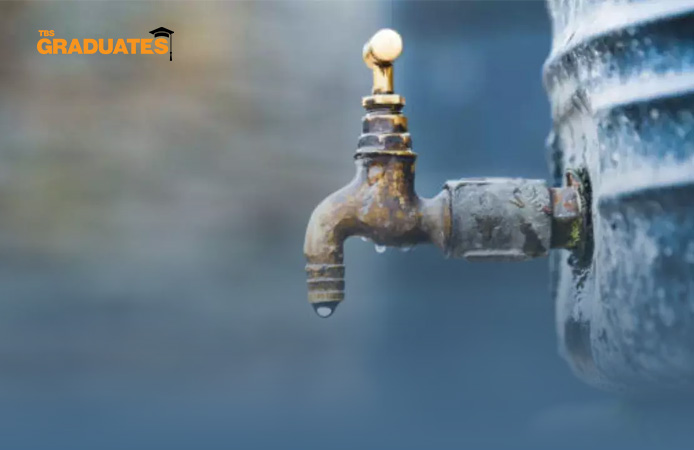There is no debate that “Water is life” and with the current state of the world, our lives could use a little more peace. The theme – “Water for Peace” – for World Water Day 2024 is a befitting one indeed.
Every year, the UN observes the World Water Day on 22 March. The aim is to inspire people around the world to learn and take action about water related issues in the hopes of making a difference. Given the lamentable state of people’s access to sanitation and clean water in Bangladesh, it’s a wonder that this day is not observed with more zeal.
Rivers are scattered all across Bangladesh like spider webs. They offer transportation system along with a source of irrigation and drinking water supply. However, the pollution level of the rivers has made them all but unusable for daily activities. On top of that, more and more rivers are dying out for a myriad of reasons.
Dhaka, the capital city has to rely on groundwater to provide its people with drinking water because the waterbodies around the city are polluted to the state where it is hardly usable. While we can physically see what is happening to the rivers and other water bodies, that is not the case for groundwater. And the ground water levels are dropping at an alarming rate.
It’s not just Dhaka. With more than 23 million people living in Dhaka, the city is under huge pressure but the water levels are dropping all over the country. Even in rural areas, where people have to rely on tubewells for freshwater, sourcing clean water is becoming more and more difficult.
Also, people who used to rely on external water pumps for daily activities and irrigation are turning to submersible pumps. This may pose further damage because with submersible pumps, the water level will be dropping even faster.
Water bodies in Dhaka are not only polluted but also diminishing. But who is to blame? The government can adopt policies but those can be very challenging to implement if the mass people do not cooperate. For example, the authorities can clean up the lake regularly but it’s not going to matter if people keep throwing their waste and garbage into the water.
Being as densely populated as Dhaka is, the water bodies can often pose threats to public health. If not maintained properly, the waterbodies can become breeding ground for insects and parasites, which in turn can cause epidemics as we often see with dengue. And of course, other water borne diseases such as cholera, diarrhoea, typhoid are not infrequent either.
Then there is the issue of drainage. Dhaka’s drainage system is in such a sorry state that even slight rainfall can bring the entire city to a standstill. The canals and sewers require more attention but once again, the authorities cannot achieve this alone. Irresponsibly throwing away plastic bags and bottles into sewers is a big issue that will take years to tackle, where public awareness is the only solution.
Plagued by water pollution, the saying “water is life” does not apply to us anymore, as water here does not give life, rather takes them. But since we cannot live without water either, we have no choice but to work on improving our environmental state.
The only way out is through recognising the current state and working step by step. The first step of tackling any problem is to recognise it.
Moreover, further research and studies need to be carried out to save the capital and ensure clean water for everyone.
